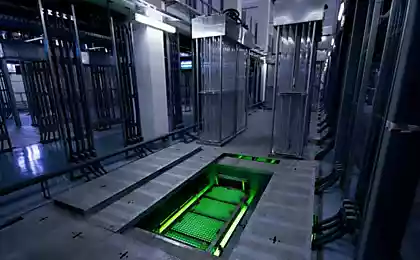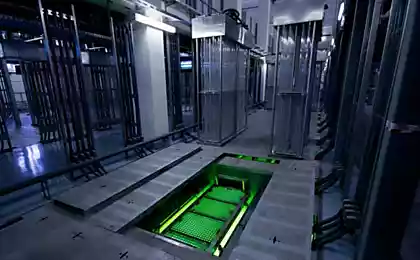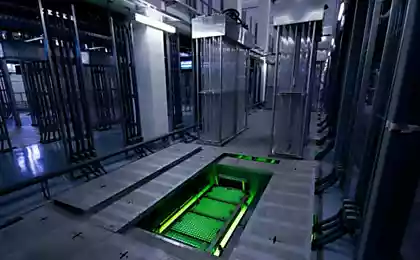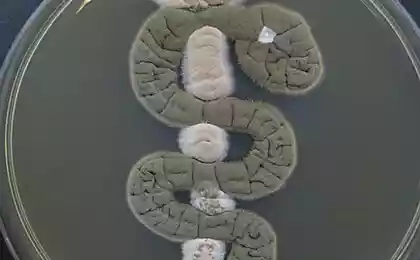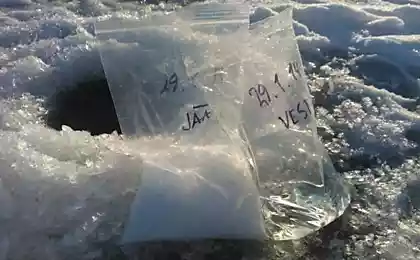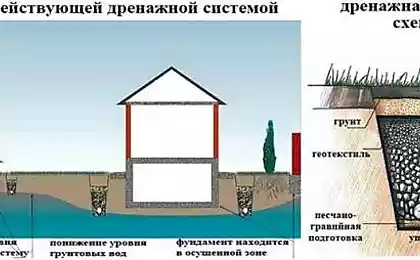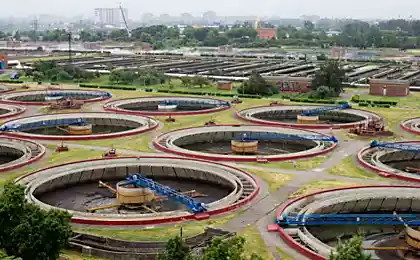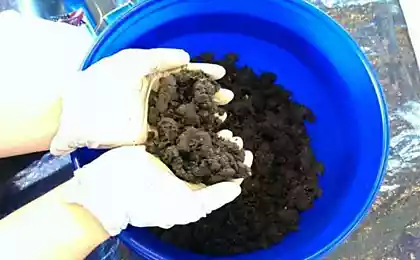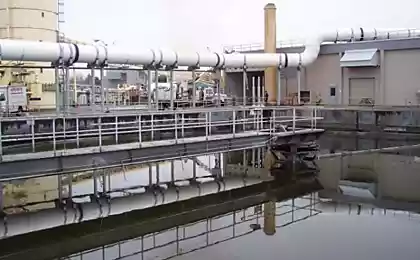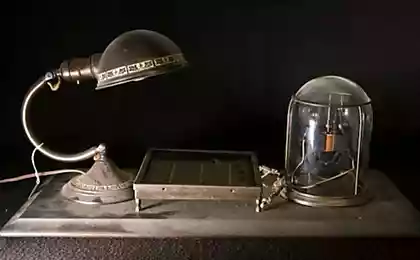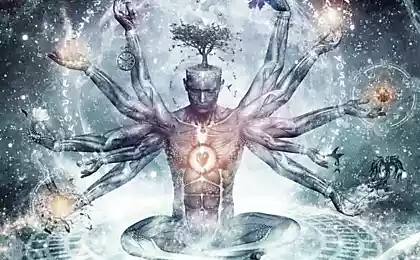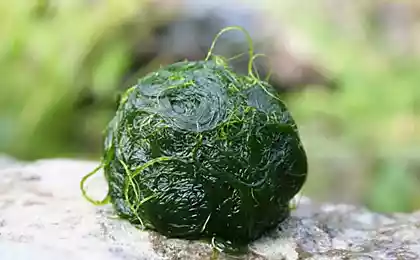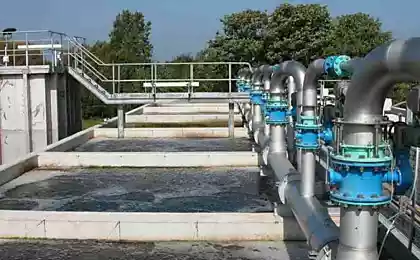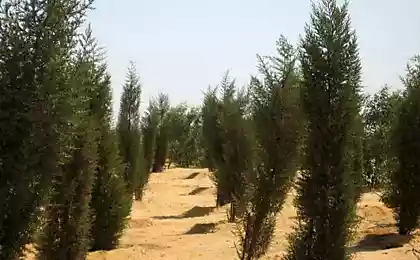511
Environmentally friendly method of producing energy from wastewater
Another relatively new environmentally friendly way of producing energy is to use waste water from which to obtain energiy for heating, biogas and electricity. Biochemists and microbiologists from the University of Ghent in Belgium empirically demonstrated that possibility.
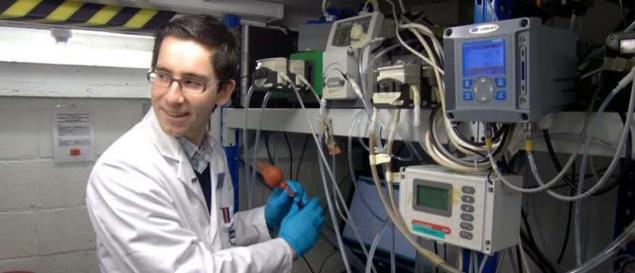
Waste water from dishes or baths are a potential source of energy because they contain suspended organic matter, which in normal water purification waste at the same landfills and cesspools. Scientists propose to purify water, and an organic suspension to put on the production of bioenergy. The difficulty is that it is so good to clean and separate items while no one knows how, because you need to find an effective method of separation.
Currently the General principle of most treatment facilities revolves around the optimum of microorganisms, such as bacteria, fungi and protozoa that feed on organic contaminants in wastewater. When microorganisms consume organic matter, they form particles that clump together and settle to the bottom of the tank. Method often includes a step called "contact stabilization", which has long supported the activity of microorganisms in the nearly cleaned water, before introducing them in the next batch of wastewater.
At the moment, in the sewage treatment process recovers approximately 20-30 percent organic matter. Dr. Francis Meerburg, a researcher from Belgium, said that their goal was to improve the capture of organic matter by bacteria.
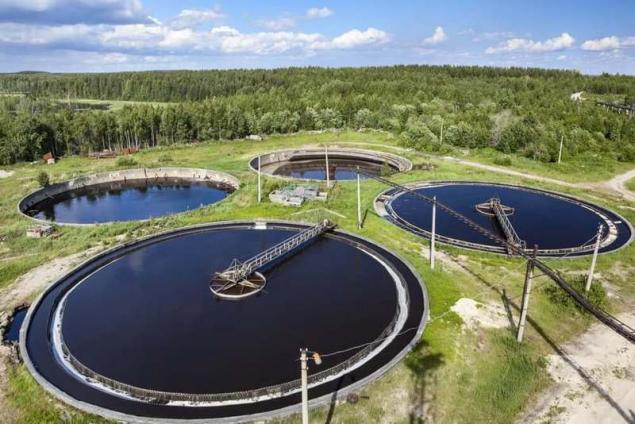
"Our approach is unique because we have developed a so-called contact-stabilization process, which increases the speed of the changes," says Meerburg.
The team found that to improve the separation of water and organic matter can be subject to long-term starvation of the bacteria inside the tank, that is, they must be hungry during the process, and not before.
"We periodically translated the bacteria in the starvation mode," explains Professor Nico Bohm: "After this, waste water is briefly brought into contact with starved bacteria, which are voracious, but I can't eat all organic matter. This allows us to collect the undigested materials for energy production and to obtain high quality products."
The new method can recover more than 55 percent organic matter, by calculations of experts, the mass produced organic matter will help to nourish the sewage treatment plant without the use of external power sources.
"We are not going to solve climate change our process, but every little bit helps," says Fleming:"For comparison, in our region of six million people (in Flanders), and the energy costs of our municipality for wastewater treatment, Aquafin, correspond to the domestic use of electricity for more than 690,000 people (more than 10 percent of the population). This gives an idea about the potential energy savings and impact on the environment, if all wastewater treatment plants will be energy-neutral". published
Source: newatlas.com/starving-bacteria-turns-sewage-into-energy/46631/

Waste water from dishes or baths are a potential source of energy because they contain suspended organic matter, which in normal water purification waste at the same landfills and cesspools. Scientists propose to purify water, and an organic suspension to put on the production of bioenergy. The difficulty is that it is so good to clean and separate items while no one knows how, because you need to find an effective method of separation.
Currently the General principle of most treatment facilities revolves around the optimum of microorganisms, such as bacteria, fungi and protozoa that feed on organic contaminants in wastewater. When microorganisms consume organic matter, they form particles that clump together and settle to the bottom of the tank. Method often includes a step called "contact stabilization", which has long supported the activity of microorganisms in the nearly cleaned water, before introducing them in the next batch of wastewater.
At the moment, in the sewage treatment process recovers approximately 20-30 percent organic matter. Dr. Francis Meerburg, a researcher from Belgium, said that their goal was to improve the capture of organic matter by bacteria.

"Our approach is unique because we have developed a so-called contact-stabilization process, which increases the speed of the changes," says Meerburg.
The team found that to improve the separation of water and organic matter can be subject to long-term starvation of the bacteria inside the tank, that is, they must be hungry during the process, and not before.
"We periodically translated the bacteria in the starvation mode," explains Professor Nico Bohm: "After this, waste water is briefly brought into contact with starved bacteria, which are voracious, but I can't eat all organic matter. This allows us to collect the undigested materials for energy production and to obtain high quality products."
The new method can recover more than 55 percent organic matter, by calculations of experts, the mass produced organic matter will help to nourish the sewage treatment plant without the use of external power sources.
"We are not going to solve climate change our process, but every little bit helps," says Fleming:"For comparison, in our region of six million people (in Flanders), and the energy costs of our municipality for wastewater treatment, Aquafin, correspond to the domestic use of electricity for more than 690,000 people (more than 10 percent of the population). This gives an idea about the potential energy savings and impact on the environment, if all wastewater treatment plants will be energy-neutral". published
Source: newatlas.com/starving-bacteria-turns-sewage-into-energy/46631/
Yuna Moritz: the juvenile justice system of the West – war with virgin
How to help adrenal gland without medication

